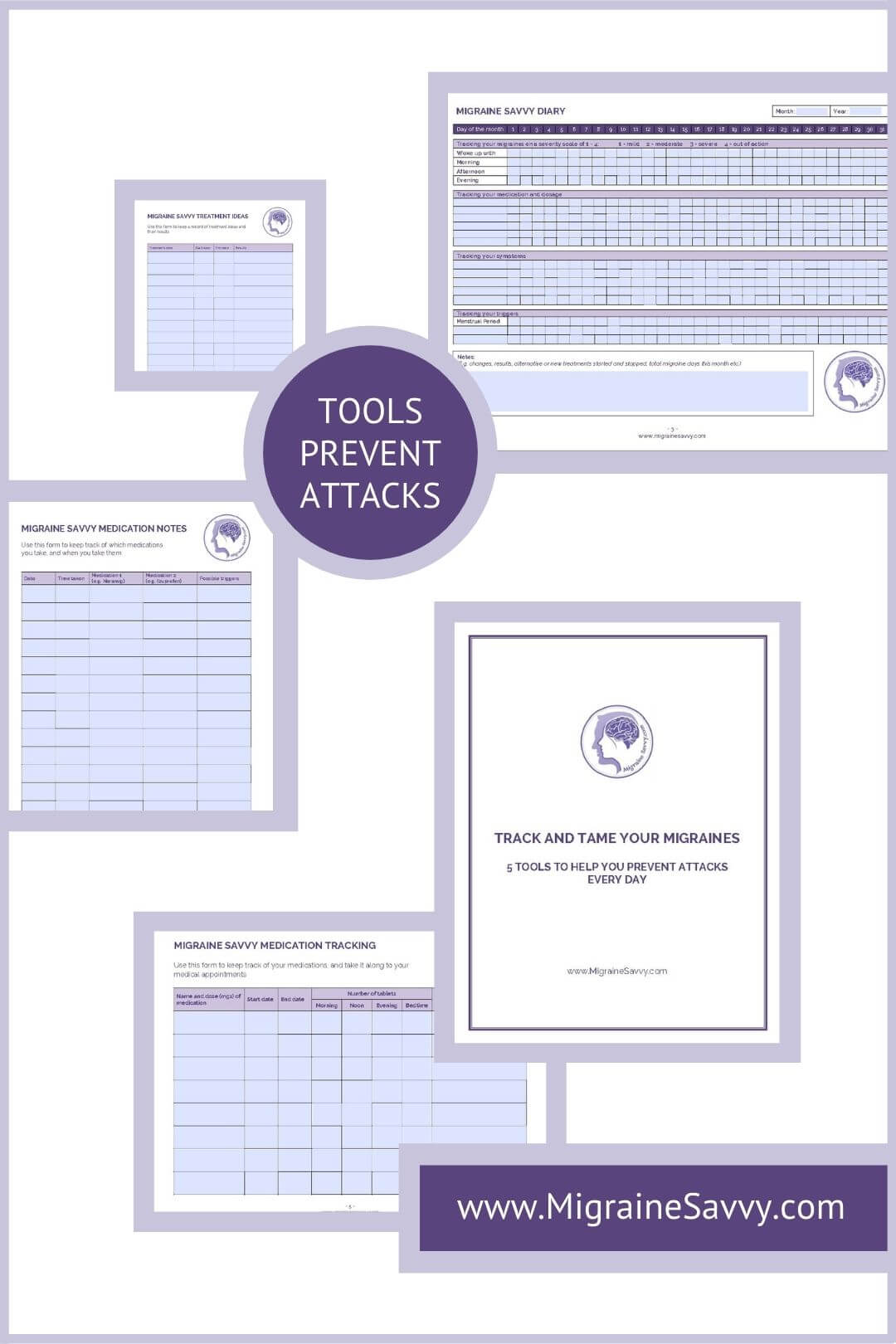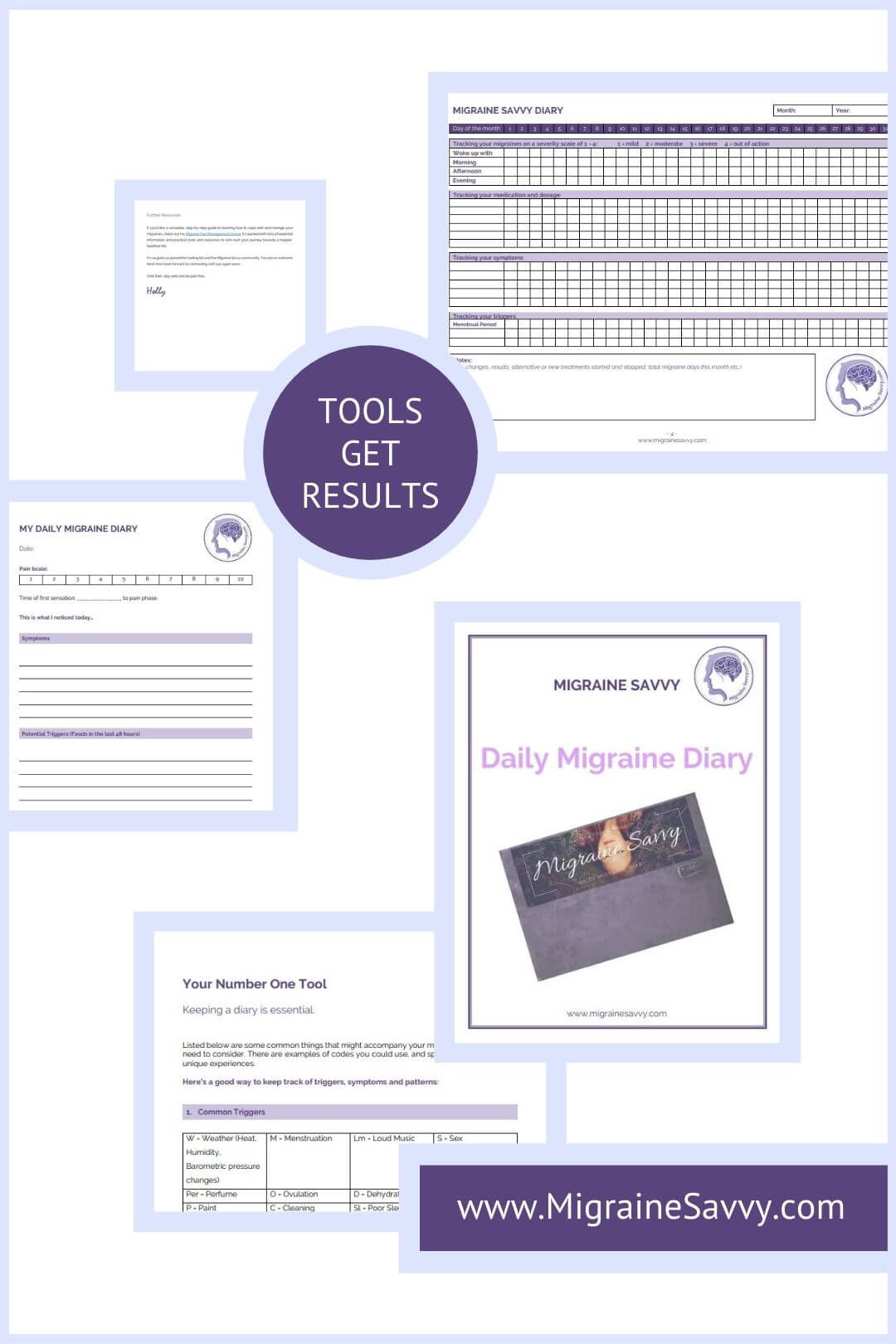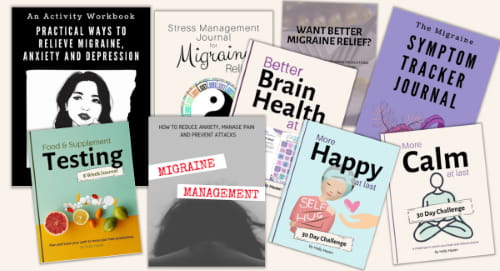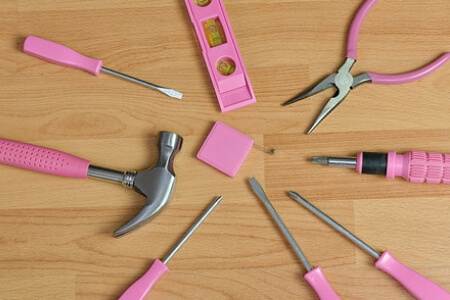- Home
- Migraine Help
- Printable Migraine Diary
Free Printable Migraine Diary Templates
Simple Tracking Tools to Manage Your Headaches
Let's talk about something that could seriously change your migraine experience - keeping a migraine diary. I know, it might sound like extra work when you're already dealing with loads of pain, but here's the thing: good records can make the difference between struggling with migraines and actually managing them. Get your free printable migraine diary templates to track symptoms, spot triggers and patterns below.
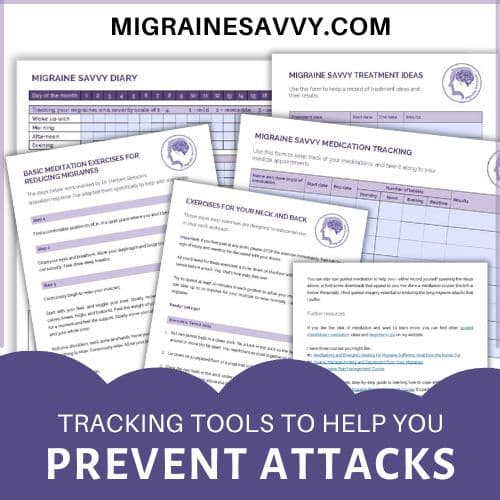
Did you know that people who use a printable migraine diary often spot patterns they'd otherwise miss? While apps are popular, many find that physically writing down their migraine experiences helps them remember details better and makes it easier to share information with their doctors.
Let's be honest - keeping a migraine diary might sound like homework, but it's actually one of the most useful things you can do to manage your migraine headaches. Here's why it really matters: it helps you spot patterns, track what works (and what doesn't), and gives you actual data to show your doctor instead of trying to remember everything during a 15-minute appointment. It's especially useful when your doctor asks something like, "What were you doing differently three months ago?" Instead of drawing a blank, you can just check your notes.
- Figure out your triggers (sometimes they're not obvious)
- Keep track of what treatments actually work (and which ones do not)
- Spot patterns you might miss otherwise
- Have real data to show your doctor
- Feel more in control (which helps with that constant "when's the next attack coming?" anxiety)
When I first started my migraine diary, I'll admit my first entry was basically "Dear Diary, Migraines Suck!" But over time, it became this incredibly useful record of everything.
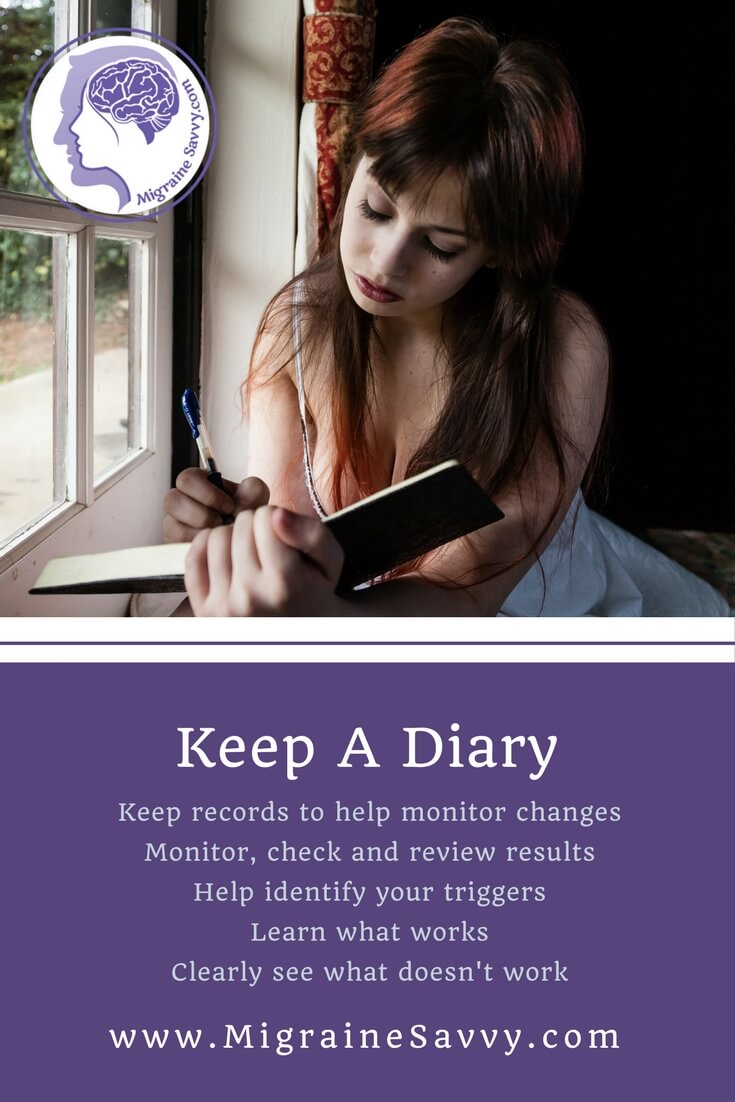 Keep a migraine diary to help you find patterns and have answers for your next doctor's appointment @migrainesavvy
Keep a migraine diary to help you find patterns and have answers for your next doctor's appointment @migrainesavvyWhy a Printable Migraine Diary Works
A paper diary isn't just old school - it's practical:
- No batteries or apps needed
- Easy to bring to doctor appointments
- Helps you focus without digital distractions
- Gives you a clear, visual timeline of your migraines
- No bright lights flashing you in the eyes
As one of my readers said, "Having a printable diary meant I could just grab it and write when a migraine hit - no struggling with bright screens or complicated apps."
What Your Printable Migraine Diary Should Include
1. Daily Symptom Log (Essential)
Print out monthly calendar pages to track:
- Pain levels (use a simple 1-10 scale)
- Migraine duration
- Medications taken and if they worked
- Potential triggers
2. Monthly Summary Sheet (Recommended)
A single page to note:
- Total migraine days
- Most effective treatments
- Emerging patterns
- Questions for your next doctor visit
3. Medication Tracking Sheet (Important)
Keep track of:
- What you took
- When you took it
- How well it worked
- Any side effects
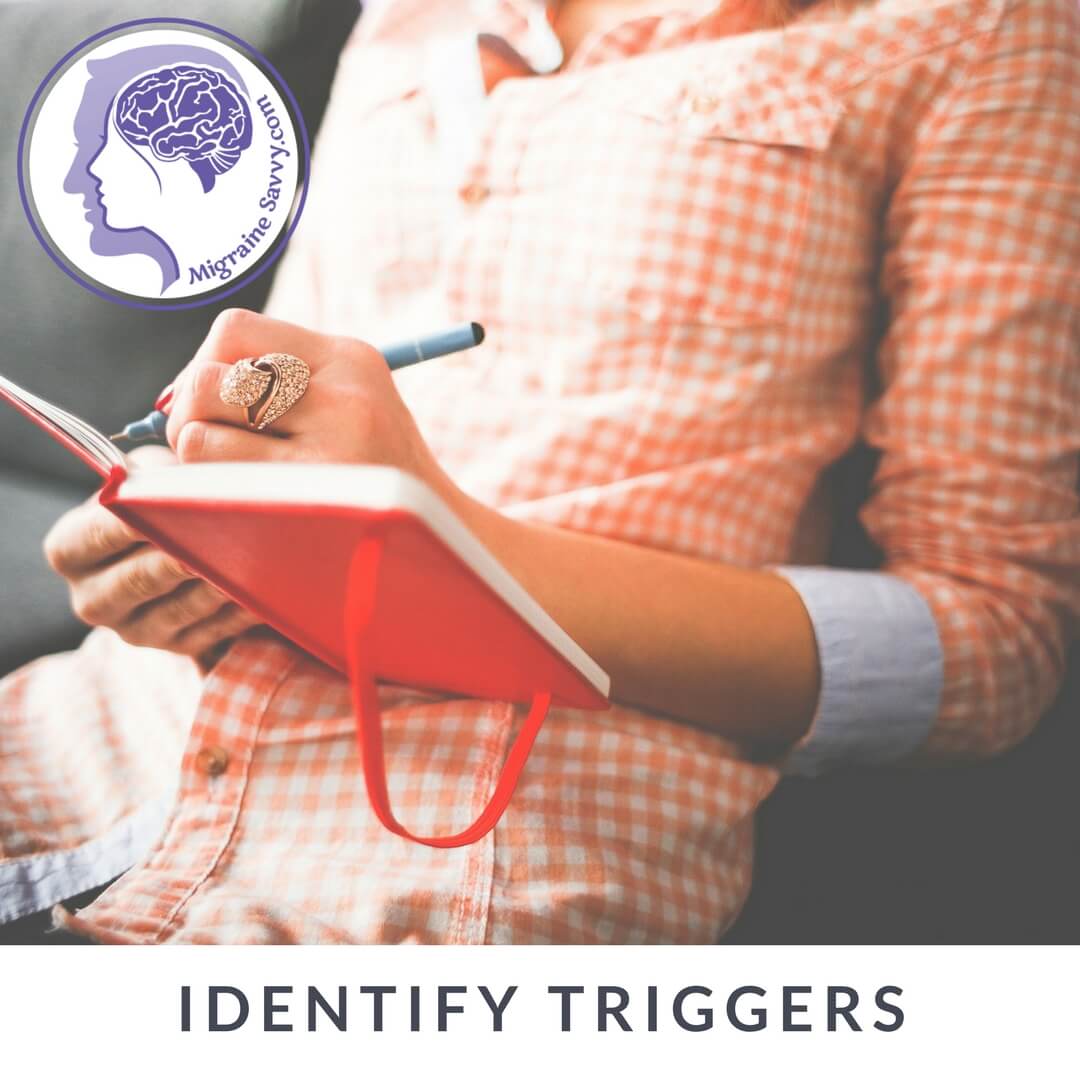 Keep a migraine diary to help you identify your triggers.
Keep a migraine diary to help you identify your triggers.There is a saying "what is measured, can be managed" ~ Peter Drucker
As management expert Peter Drucker said, "What gets measured, gets managed." With migraine, this is especially true. When you're in pain, everything becomes emotional and it's hard to think clearly. Your diary becomes this objective record you can look back on and rely on.
The best part? It doesn't have to be complicated. Even a simple note about what happened before, during, and after a migraine can be incredibly helpful. And yes, writing things down really does help your brain process information better.
Ready to start? I've got a straightforward template you can download when you join my mailing list. Nothing fancy - just the essential stuff you need to track.
BE INFORMED. STAY INFORMED. JOIN THE MAILING LIST.
How to Use Your Printable Migraine Diary Effectively
1. Keep it simple
- Use checkboxes and quick symbols when possible
- Have it ready before you need it
- Store a pen with your diary
2. Be consistent
- Fill it out every day, even on good days
- Note potential triggers while they're fresh in your mind
- Bring it to every doctor appointment
>> Get your free printable Migraine Diary templates here
My #1 Choice in Magnesium Supplementation
Three Essential Tools for Tracking Migraine Attacks
Let's talk about three different ways to track your migraines - because honestly, one size doesn't fit all. I recommend a three-part system:
1. The Medical Tracker (Essential)
This is your no-nonsense record for doctor visits and managing your medical care. It's where you track:
- Attack frequency and duration
- Symptoms, timeline and severity
- Triggers you've identified
- Medications and their effectiveness
- Test results and doctor notes
Pro tip: Keep all your test results, diagnoses, and medical records in one binder. It makes switching doctors or getting second opinions so much easier. I've got a simple template ready for you to download when you join my mailing list. It includes a medication tracker, and a monthly calendar specifically designed for tracking migraine attacks.
2. The Strategy Journal (Recommended)
This is where you plan your next moves. Use it to:
- Write down treatment ideas to discuss with your doctor
- Track lifestyle changes that might help
- Record patterns in sleep, diet, or stress levels
- Set manageable goals for migraine management
- Note any victories, no matter how small
It's easy to feel powerless against migraines, but this journal helps you stay focused on what you can control.
3. The Emotional Support Log (Optional)
Sometimes you just need to vent. This journal is for:
- Writing down all your frustrations
- Processing the emotional impact of chronic pain
- Tracking stress levels and their relation to your migraine attacks
Here's a key tip: for the emotional log, consider destroying the pages after writing. It sounds dramatic, but there's something freeing about literally letting go of negative thoughts.
Why three separate records? It helps you:
- Keep your medical info clear and easy to find
- Stay focused on solutions without getting bogged down by emotions
- Have a healthy outlet for the hard days
If you want to dig deeper into managing the emotional side of migraines, check out my Migraine Management course. It covers anxiety reduction, pain management, and prevention strategies. Plus, it includes a super detailed diary with symptom and trigger codes - perfect if you like being thorough.

What to Include in Your Medical Tracker: The Essentials
First things first - make sure you've got an official migraine diagnosis from your doctor. Once that's sorted, here's what your migraine diary should track:
1. Medical Records
- Keep all test results in one binder
- Get copies of blood work and other relevant tests
- Store your official diagnosis and treatment plans
Pro tip: Having everything in one place makes switching doctors or getting second opinions much easier. You won't have to redo tests or try to remember your medical history.
2. Attack Details
- Timing: How long before the pain hits? (This is crucial - knowing your timeline can help you stop an attack before it gets worse)
- Symptoms: What happens before, during, and after
- Triggers: What might have set it off
- Medications: What you took and if it helped
3. Treatment Responses
- Track how different treatments work
- Note any side effects
- Record lifestyle changes and their impact
My #1 Choice in Magnesium Supplementation
Practical Tips for Consistent Tracking
Choose Your Format:
- Paper diary: Great for detailed notes and if you prefer writing
- Digital apps: Convenient, can set reminders, some can even predict migraine patterns
- Combination: Use both for different aspects of tracking
What to Track:
- Timing: How long before the pain hits? This is crucial for early intervention
- Triggers: Weather, food, stress, sleep changes
- Treatment responses: What worked? What didn't?
- Symptoms: Not just headache - note all changes
Beyond the Basics: Other Helpful Tracking Tools
Your migraine diary is just one piece of the puzzle. Here are some other tracking tools that can help:
1. Digital Apps
- Many apps can help track weather changes, hormonal cycles, or other potential triggers
- Some can even predict potential migraine days based on your patterns
2. Food and Activity Log
- What you ate
- Exercise or physical activities
- Sleep patterns
3. Stress Tracker
- Work deadlines
- Major life events
- Daily stress levels
Ready to start tracking? You've got two great options:
#1. Join the Mailing List
#2. The Migraine Pain Management Course
Tools to Get Started
1. Free Monthly Diary Template
Join my mailing list to get a simple but effective tracking template. It includes:
- Monthly calendar for attack tracking
- Medication log
- Basic trigger checklist
2. Comprehensive Migraine Management Course
For those who want to dig deeper:
- Detailed tracking system with symptom and trigger codes
- Strategies for reducing anxiety and managing pain
- Video guidance throughout
Making Your Diary Work for You
Tips for success:
- Keep your diary where you'll use it (bedside table, purse, etc.)
- Use different colors for different symptoms or severity levels
- Be consistent but don't stress about being perfect
- Note patterns but try not to obsess over every detail
- Use your diary during doctor visits
- Review your diary monthly to spot patterns
- Take photos of your completed pages as backup
A quick reminder: always get an official migraine diagnosis from your doctor. Your diary supports your treatment; it doesn't replace medical advice.
Ready to start tracking? Download your free printable migraine diary templates by joining my mailing list or get the comprehensive system in my course for more detailed tracking.
I've been using these printable migraine diary templates for years, and it's made a huge difference in how I manage my attacks now. I hope it can do the same for you.
Stay well,
Holly
Here are a few other posts you can read for more help around emotional support:
- Write a letter to help process your emotions with migraines and depression.
- Use CBT to cope with the real emotions other people don’t want to hear, or you don't want them to hear or see.
- Consider one-on-one help with pain counseling for added support.
Ready to take the next step?
Choose the next step that fits where you are right now.


